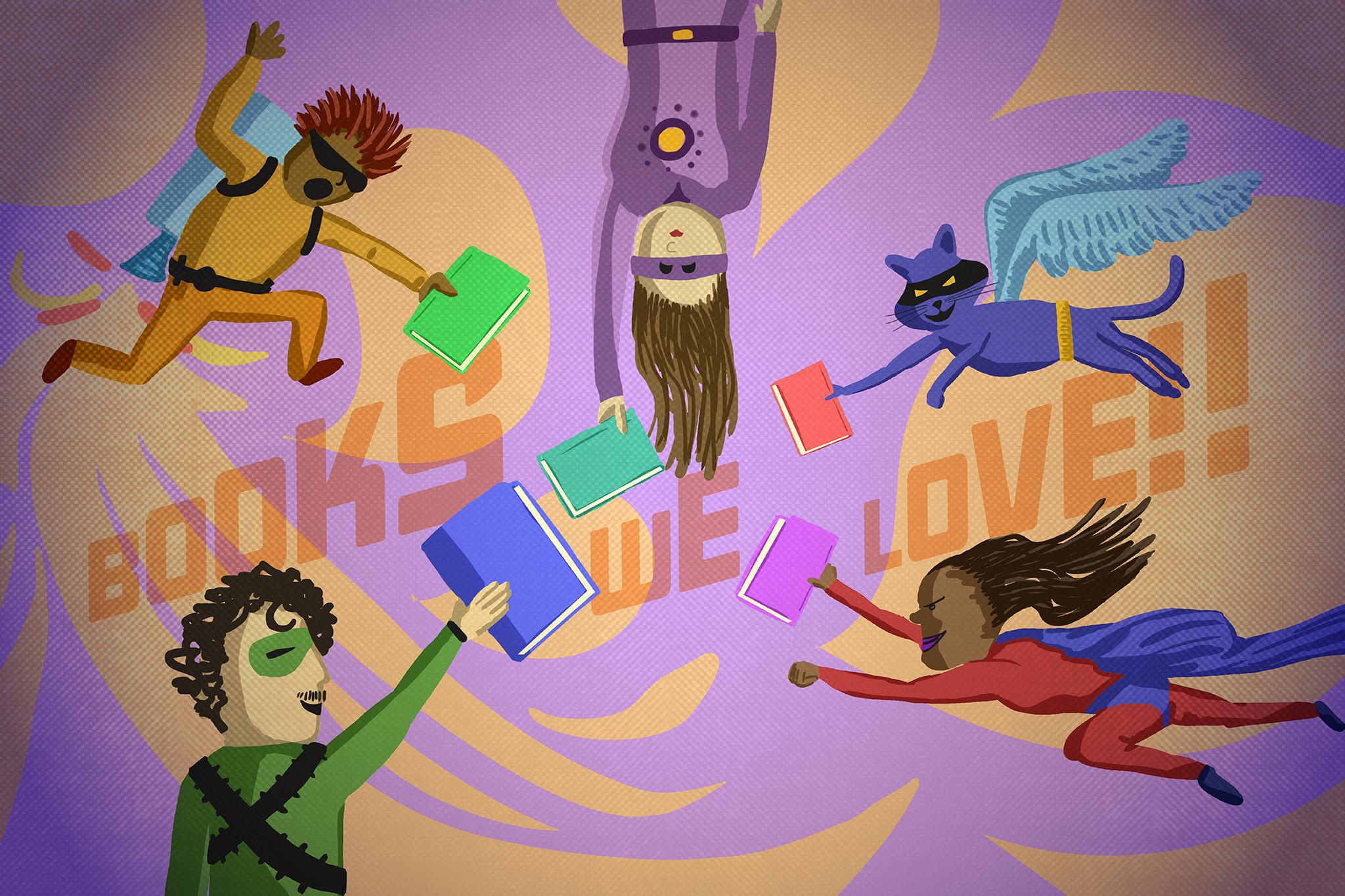
Jack Adler of Denver has two birthdays. The first is when he was born and the second, he says, is the day United States troops liberated him and thousands of other Jewish people during what's known as the Dachau Death March on May 1, 1945.
Adler grew up in Pabianice, Poland. The Nazis came to his hometown when he was about 10. While he has vivid memories about the Nazi tanks and vehicles rolling into town, Adler says he could not, at that age, comprehend what was about to befall on his family.
"My parents had a better inclination of what could happen," Adler says. "However, they wouldn't share it with the kids so as not to instill fear. I can understand that now being a parent and a grandparent."
In 1940, Adler and his family were forced into a ghetto in Pabianice. They lived in tight quarters and were fed very little food.
"It was difficult to comprehend, as a young child, why [being] Jewish put me in such a situation as the ghetto," Adler says about being singled out for his faith.
After two years in the Pabianice ghetto, where his brother and mother died, the remaining members of Adler's family went to the Lodz Ghetto in Nazi-occupied Poland. When Nazi forces liquidated it in 1944, Adler, along with his father and his two sisters, boarded a train to Auschwitz-Birkenau. That would be the last time he saw his sisters.
From Auschwitz, Adler was sent to Kaufering in Bavaria, a subcamp of the Dachau concentration camp, before ending up at Dachau itself. He was the sole member of his immediate family to survive the Holocaust and came to the United States as a war orphan in 1946.
He first returned to Poland in 2011, when we was invited by the International March of the Living, an annual event that invites people from all around the globe to learn about the Holocaust. Adler devotes much of his time to educating others about the Holocaust, including speaking at schools and military bases, and is a speaker for the Mizel Museum's "Eyewitness to History" educational programming. His experiences are also documented in his 2012 memoir titled "Y: A Holocaust Narrative" and the 2015 documentary "Surviving Skokie," which was produced by his son, Eli Adler.
Adler says his relationship with Judaism has become more cultural than religious.
"I'm very proud of my Jewish heritage," Adler says. "However, I'm not what you would consider very religious. What I believe is that God created man and man created evil. We are responsible for how we treat or mistreat each other."
Adler, who is 88, spoke with Colorado Matters host Ryan Warner. Highlights from the conversation are below.
On being greeted by Jewish prisoners when he arrived at Auschwitz:
"Their job was primarily to take away whatever meager belongings one brought along with them. They whispered to us, 'When you march -- meaning for the selection process -- look strong if you want to live. You just arrived at the Auschwitz-Birkenau extermination and selection camp.' That's how we found out where we had arrived."
On how he kept going despite "hopeless situations":
"The barbed wire [fences] surrounding Auschwitz-Birkenau had electricity. So when people found out what happened to their loved ones who went to the left and were killed in the gas chambers they [killed themselves]. You would find bodies hanging from those barbed wires daily. Of people who gave up hope, very few survived. Even though you found yourself in a hopeless and helpless situation, one thing the Nazis couldn't take away from you was what was in your mind. What kept me going, even after I was separated from my father and was sent to the Dachau camp, I said to myself, 'You have to go on and be strong if you want to see your loved ones again.' You had to have something positive in your mind to keep you going. Of course, I didn't know at the time they all perished in the Holocaust."
On the march from Dachau concentration camp:
"We marched during daylight hours and at night we would sleep in the woods. But they would take prisoners to the other side of the woods. [The prisoners] were given shovels to dig a big ditch. When the ditch was completed, they were ordered to line up around the perimeter of the ditch and they were shot to death."
What he remembers about the day he was liberated:
"I heard the older people speaking loudly. The Nazis prohibited communication. So I crawled over to say, 'What's going on?' They said, 'They're gone ... The SS, the killers, are gone.' And within a few minutes, tanks and trucks arrived and when they saw us and stopped -- we didn't know who they were. I had never seen an American military vehicle. One of the officers got on the hood of a jeep with a bullhorn. He said, 'This is the United States Army. You are all free.' I wouldn't have made it one more day ... When I was checked into [a hospital], I was told I weighed 65 pounds."
When a CPR News staffer greeter Adler in the lobby with "Hi Jack," Adler responded, "Don't say 'hi-jack' at the airport." Adler says humor has been his greatest coping mechanism:
"Every [SS] guard has a name ... We had ugly names for them as they marched us to and from work on a daily basis and watched us doing work. I'm not a psychiatrist or a psychologist, but I think humor helps everyday. If you want to call it a medicine, call it as such, because it's very important, for every human being, to have a little sense of humor. It helps to overcome daily obstacles."
Related:









